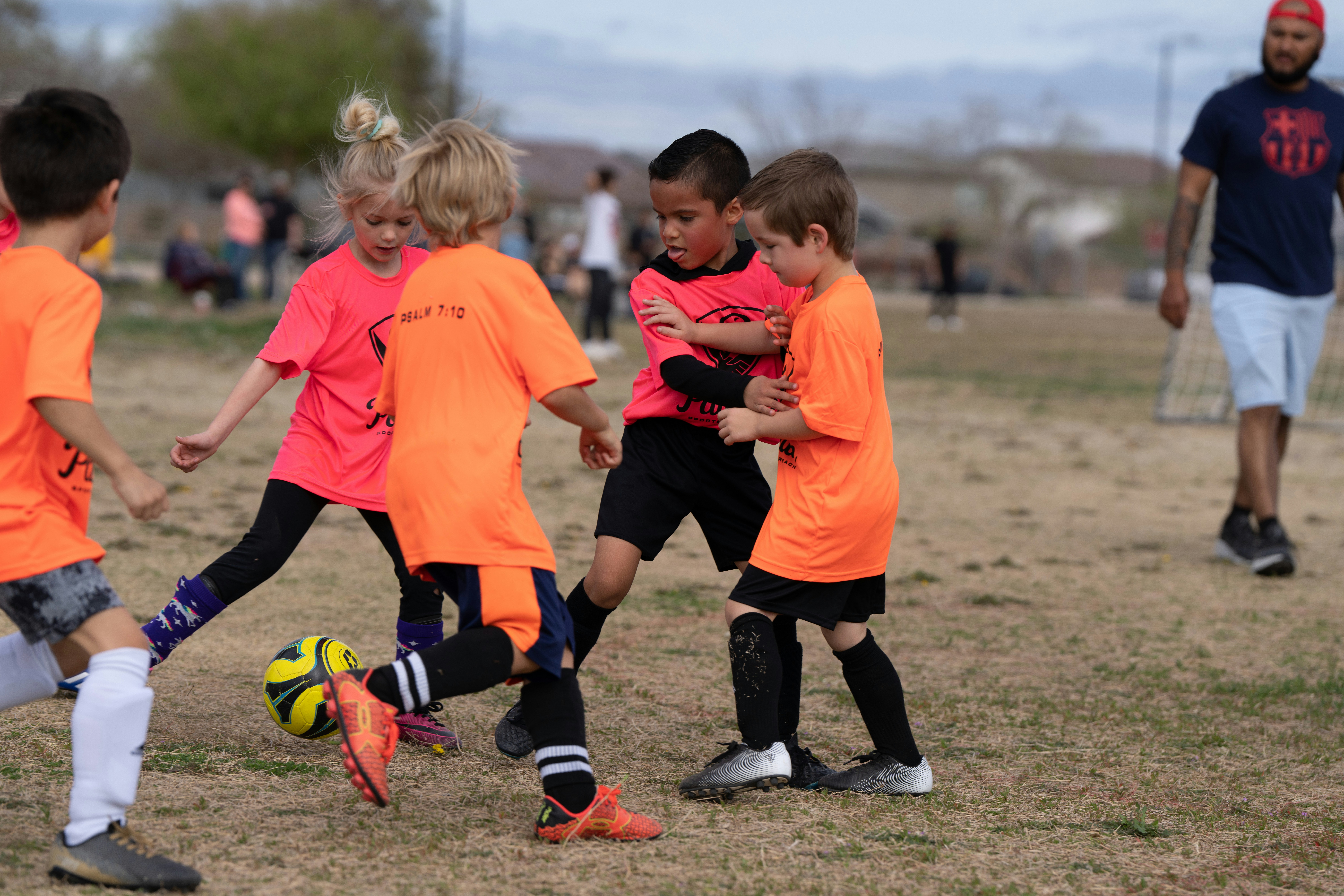
Youth sports have long been celebrated for their ability to develop physical skills and enhance athletic performance. However, their impact goes far beyond the field or court. Engaging in sports at a young age develops essential life skills that extend beyond the world of athletics. From teamwork and discipline to resilience and confidence, youth sports cultivate a wide array of qualities that benefit individuals both on and off the field. This article explores the profound impact of youth sports on personal growth, offering valuable lessons that cultivate well-rounded individuals.
Fostering Teamwork and Collaboration
One of the most significant benefits of youth sports is the development of teamwork. As young athletes practice and compete, they learn the value of working together to achieve common goals. Whether it’s on the soccer field or the basketball court, every player must contribute to the team’s success. Through collaboration, children develop an understanding of their roles within a group, learning to communicate effectively, share responsibilities, and support each other.
This ability to work as part of a team transfers easily into other aspects of life. In school, students who participate in sports often excel in group projects, as they are accustomed to collaborating and compromising for the greater good. Additionally, in their future careers, these individuals will find that teamwork is essential for success. The lessons learned in sports—such as how to listen to others, share ideas, and work through conflicts—are vital to navigating both personal and professional relationships.
Building Discipline and Responsibility
Youth sports also instill discipline, a crucial aspect for personal growth. Athletes must commit to regular practice, follow coaches’ instructions, and adhere to a set of rules. This structure helps young individuals develop strong work habits, setting the foundation for success in their academic and personal lives. By learning to prioritize their time and manage multiple commitments, young athletes gain valuable organizational skills that will benefit them throughout their lives.
Moreover, responsibility is another key attribute nurtured through sports. Young athletes are often accountable not only to their teammates but also to themselves. They learn that their actions impact the team’s overall performance, which teaches them the importance of reliability and commitment. This sense of responsibility extends beyond the field and becomes integral in their academic pursuits and personal relationships. The habit of taking ownership and being accountable for one’s actions is a characteristic that will serve youth throughout adulthood.
Promoting Resilience and Mental Toughness
In sports, not everything goes as planned. Losses, injuries, and setbacks are inevitable, and it is how athletes respond to these challenges that truly defines them. Youth sports teach kids how to handle adversity, encouraging them to bounce back after setbacks and to keep striving toward their goals. Through these experiences, children build resilience, learning that failure is not a permanent state but a stepping stone toward improvement.
This resilience plays a crucial role in developing mental toughness, an attribute that benefits athletes both on the field and in life. Youth sports teach individuals how to persevere, cope with stress, and stay focused under pressure. These lessons are particularly valuable as children grow older, equipping them to handle the challenges they may encounter in school, at work, and in life. Mental toughness, shaped through sports, can help young people approach life’s obstacles with confidence and determination.
Boosting Confidence and Self-Esteem
Another significant benefit of participating in youth sports is the boost to self-confidence and self-esteem. As athletes improve their skills and achieve their goals, they experience a sense of accomplishment that reinforces their self-confidence and boosts their motivation. Positive reinforcement from coaches, teammates, and family members further enhances this self-esteem. The recognition of personal growth and achievement, both big and small, encourages children to continue pursuing their dreams and striving for excellence.
Furthermore, the challenges faced and overcome in youth sports help children develop a strong sense of self-worth. Whether winning a game or making a mistake, young athletes learn how to handle success and failure with grace. This fosters a healthy self-image and builds the foundation for a confident and positive mindset that will carry them through life’s challenges. The confidence gained through sports can empower individuals to pursue new opportunities, take on leadership roles, and approach challenging situations with greater assurance.
Creating Lifelong Friendships and Social Connections
Youth sports are not just about athletic performance; they also serve as a platform for creating lasting friendships and social connections. As children bond over shared experiences, they develop social skills that are crucial for forming relationships throughout their lives. Whether it’s celebrating a victory or supporting each other after a loss, the shared emotions and teamwork create strong bonds between teammates, who often become lifelong friends.
These social connections extend beyond the game, helping children develop empathy, respect for others, and the ability to navigate social dynamics. In team sports, players from diverse backgrounds come together with a shared goal, promoting inclusivity and acceptance. The relationships formed in sports are often a child’s first exposure to diverse perspectives, which broadens their understanding of others and enriches their social experiences.
Youth sports play a vital role in shaping young individuals, building more than just athletic abilities. Through sports, children learn the value of teamwork, discipline, resilience, confidence, and social connections—qualities that contribute to their growth as well-rounded individuals. As these life skills transfer into other areas of their lives, youth athletes are better prepared to navigate challenges, pursue goals, and build meaningful relationships. The benefits of participating in sports extend far beyond the playing field, leaving a lasting impact on personal and professional development for years to come.